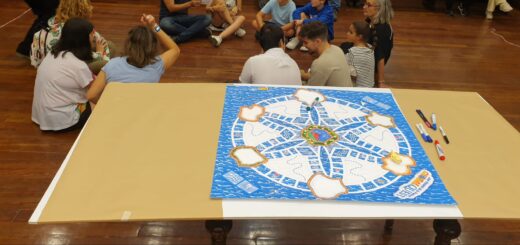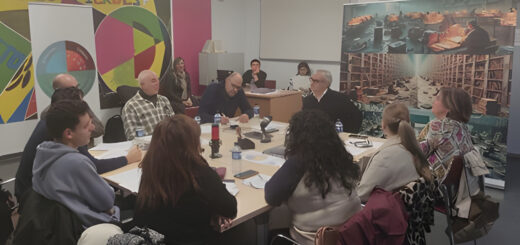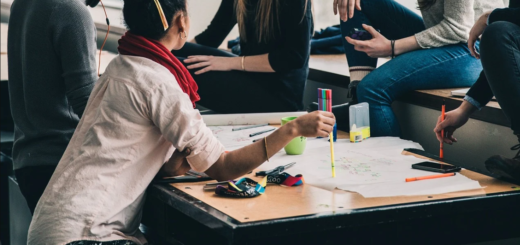Service-Learning as an Educational Model for the Development of Digital Competence

Information and Communication Technologies (ICT) have profoundly transformed contemporary society, influencing nearly all aspects of daily life, particularly in Western countries. In this context, it is essential for citizens to develop the skills and knowledge necessary to interact ethically, safely, and responsibly in the so-called Information and Knowledge Society. For this reason, digital competence, understood as the set of knowledge, skills, and attitudes essential for the proper and efficient use of ICT, has become a fundamental skill for citizenship.
The Research Group on Innovation and Digital Education at the University of Salamanca (EduDIG-USAL) carried out an innovation project during the 2023-2024 academic year to develop the digital competence of Primary Education students from schools with vulnerable populations in the city of Salamanca, through the Service-Learning educational model, involving master’s students. The objectives of the project were:
1. To provide support to the educational community, with a special focus on vulnerable schools in Salamanca, by implementing a project to develop children’s digital competence.
2. To strengthen the knowledge, skills, and attitudes of Master’s students in ICT in Education at the University of Salamanca, preparing them for their professional careers.
3. To connect the knowledge and skills acquired by Master’s students in ICT in Education with the real demands and needs of the educational environment.
The SL project targeted two groups of students: Primary Education students from various schools in Salamanca, totaling approximately 100 children aged 9 to 12; and 15 Master’s students in ICT in Education, who carried out their curricular internships in six schools in the city.

Its implementation was carried out in three phases:
Phase 1. AI Training for master’s students.
During March 2024, master’s students received training from specialists at the Vodafone Spain Foundation to prepare them for developing children’s digital competence using AI as a key technology.
The university students participated in the teaching and learning process on AI fundamentals through four activities from the DigiCraft Educational Program: “What Planet Are You From?” (teaching guide); “Training an Artificial Intelligence” (teaching guide); “The Vigilachat” (teaching guide); “In Search of Lost Art” (teaching guide).
Phase 2. Implementation in Schools.
Between April and May 2024, the master’s students applied what they had learned in a real-world setting, carrying out AI activities in the schools where they were completing their curricular internships.
Phase 3. Evaluation and Reflection.
After completing the educational process in schools, university students engaged in a teaching narrative process to analyze and reflect on their educational experience, drawing lessons and improving future teaching interventions.
The analysis of these narratives reflected a positive impact on the learning process of Primary Education students and the teacher training of master’s students. It was highlighted that children, in addition to showing a high level of motivation, acquired new knowledge and digital skills. Barriers to project implementation were also identified, such as technological incompatibility, the need to improve communication and planning, and the adaptation of physical spaces. Overall, master’s students valued the usefulness of the educational materials and the training received, emphasizing the program’s potential to strengthen digital competence in Primary Education and its relevance in preparing future teachers.
This SL project has enabled 15 Master’s students in ICT in Education at the University of Salamanca to acquire knowledge and skills regarding the functioning, possibilities, and risks of Artificial Intelligence while taking an active role in their own learning. This, in turn, has facilitated the development of digital competence in children aged 9 to 12 from schools with vulnerable populations in Salamanca. Thanks to this experience, university students were able to recognize the practical value of their learning while contributing to one of the most significant sustainable development goals: ensuring equitable and quality education for all.

Authors:
Marcos Cabezas-González, Ana García-Valcárcel Muñoz-Repiso, Sonia Casillas-Martín
Grupo de Investigación en Innovación y Educación Digital (EduDIG). Universidad de Salamanca (USAL).






